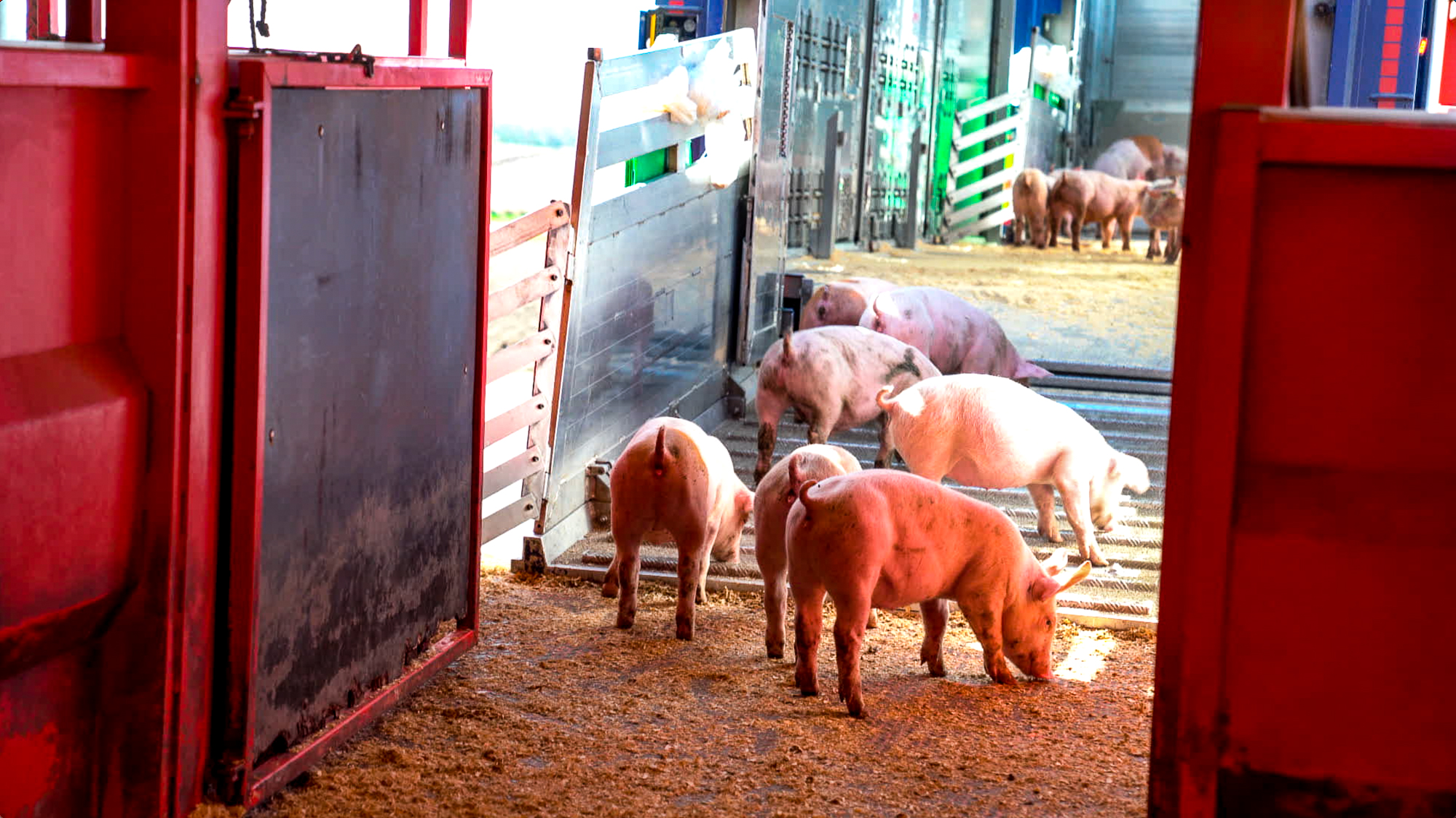Pre-transport fasting and implications for pig welfare – good or bad?

Subject
Short review on the current knowledge on effects of pre-transport fasting that may be relevant to animal welfare
Target audience
Competent Authorities, inspectors and welfare policy workers of the EU Member States
Fasting
Reasons for fasting include improved hygiene during transport and at slaughterhouses. Fasting can reduce costs for feed during the last day while pigs are kept on farm. Almost all of the available knowledge is based on finisher pigs, even though the majority of pigs that are transported long distance are weaners of approximately 30 kg. In the final part of the review, specific knowledge concerning a pig category not mentioned so often, young pigs that are sent to slaughter typically weighing from 10-30 kg, is presented. These animals may potentially be more vulnerable to transport and to pre-transport fasting than older pigs, but have been the subjects of very limited scientific focus.
Pig welfare: problems versus benefits
There may be welfare benefits from pre-transport fasting in terms of reduced risk of in-transit mortality, hyperthermia and motion sickness. However, the scientific evidence underlying these welfare benefits is not strong. The available information is not only limited but also based more on correlations rather than studies of causality.
The evidence for welfare problems caused by pre-transport fasting is considered stronger. Fasting not only leads to increased aggression and a consequent occurrence of skin lesions, but may also reduce the ease of handling of pigs. Moreover, it is likely that fasted pigs experience hunger and that severity of hunger increases with time, potentially leading to weakness and exhaustion.
Recommendations
The use of pre-transport fasting appears to be a trade-off between several concerns, with slaughter hygiene and food safety often being prioritized. However, there seems to be a lack of guidelines or regulations on this practice, apart from a few industry guidelines from only a few EU MSs.
Recently, the EFSA AHAW Panel (2022) recommended that pre-transport fasting periods should be adapted to the category of pigs and be appropriate for the planned journey duration, and also take into account whether pigs are being transported for slaughter or for further fattening. Pending the establishment of evidence-based thresholds, the EFSA AHAW Panel recommended that finishing pigs should be subjected to a pre-transport fasting period of less than 10 hours. The time taken to load should be included within this 10 hour period. For other categories of pigs, the pre-transit fasting period should probably be shorter.
Introphoto: Loading of pigs (©Aarhus University)
